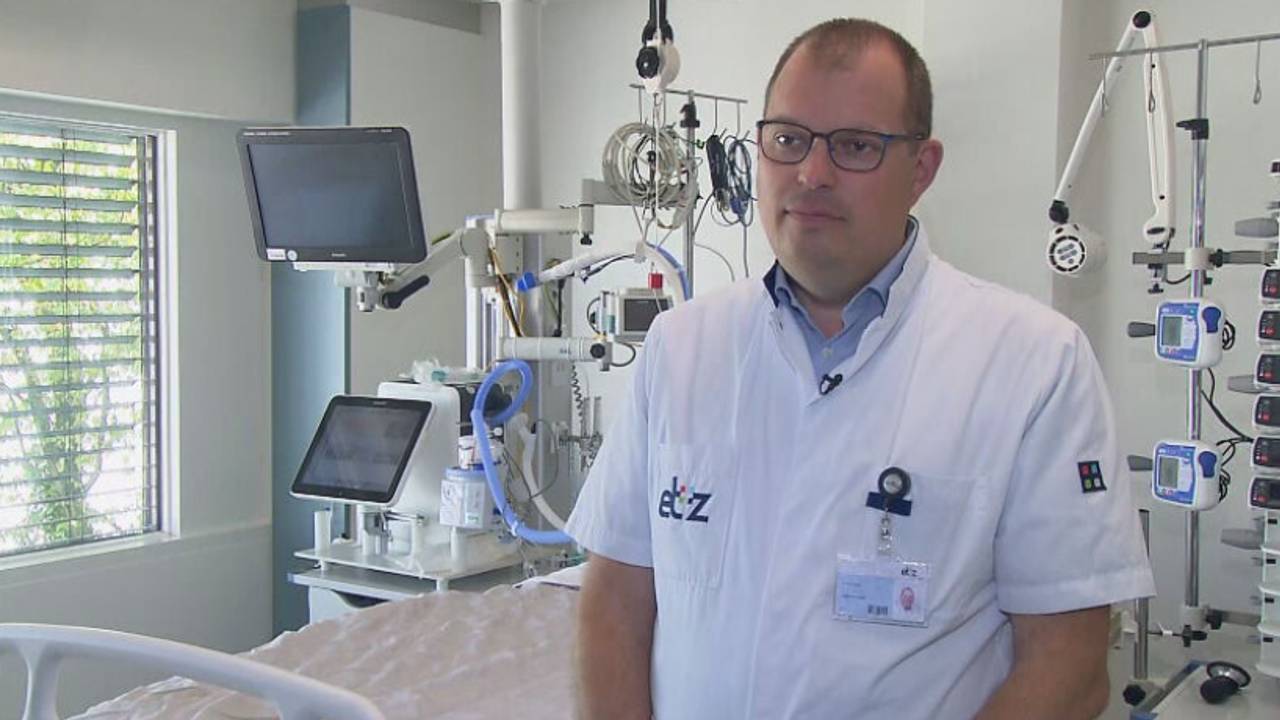It is remarkably quiet in the intensive care units in the hospitals. But 60 percent of the beds are occupied and that hasn’t been this low for a long time. According to IC doctor Hans Kuijsten of the Elisabeth Hospital in Tilburg, there are three reasons for the relative calm. “The care is better, there is more talk with patients and their families and cooperation between doctors has improved.”
The images are still fresh in our memory: nurses, doctors and even dieticians who are flown in head over heels in corona time with protective glasses and mouth mask to help in intensive care units. Before the covid crisis breaks out in the spring of 2020, healthcare has been cut back considerably. As a result, when disaster strikes, there is far too little staff available.
There are many more people at an IC bed than at a bed in, for example, the orthopedics department. It is the most intensive form of care, as the name suggests. But that hectic pace has now greatly diminished. In fact, the ICU occupancy continues to decline.
“Families are increasingly choosing not to continue treatment in the ICU.”
This is due to several things, explains IC doctor Kuijsten. “Surgeons operate better and care on the wards is also improving. There is simply more knowledge. And if patients recover faster as a result, before an ICU admission becomes a topic of discussion, then that whole scenario can be removed from the script.”
In addition, there is much more room for discussion between doctors, patients and family. Because suppose you become ill and there is a high risk that you will no longer be able to talk, walk or breathe independently after an admission, what would you choose? “Families are increasingly choosing not to continue treatment in the ICU,” Kuijsten explains. “It’s more about quality of life, rather than survival. Something people thought before but never really said. What’s acceptable for quality of life? And what’s not?”
“It’s really too early to scale down.”
Finally, Kuijsten mentions the term ‘IC without walls’ as an explanation. This is a project within the ETZ, in which ICU staff in other departments assist to prevent an admission from having to be discussed at all. “We are increasingly working in other places in the hospital, to keep people away from our own department,” says the doctor. Sometimes that is the ER, sometimes the nursing ward, sometimes the operating room. “And then the intensive care itself is a kind of fire station. But even if there is no fire, you still need it.”
According to Kuijsten, this means that there is still no reason to scale down. “It’s still too early,” he says. “Before corona, we knew all the disease patterns. We knew the peaks during the winter and the troughs in the summer. But since the pandemic there has been no way to raise an arrow, so I cannot yet say how permanent or structural it is,” says the doctor.
2023-09-08 03:51:21
#quiet #intensive #care #units #doctors #cheering
